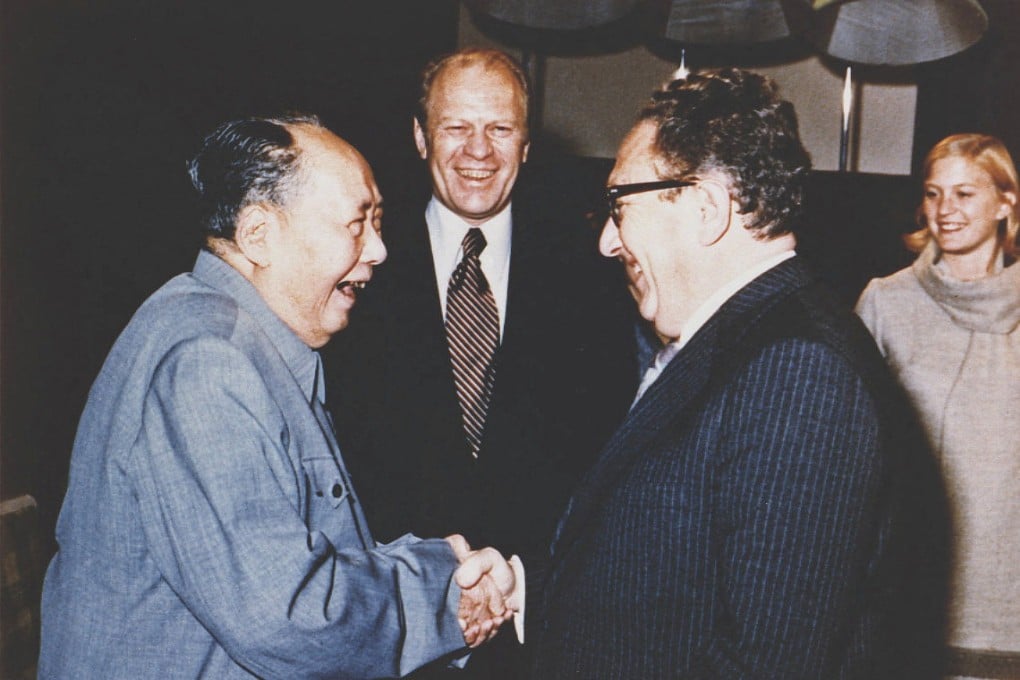Advertisement
‘There won’t be another Kissinger’: how veteran statesman’s death marks end of era for US-China relations
- The former US secretary state continued to play a back channel role in later years, helping to stabilise relations in turbulent times
- He was a key figure in the diplomatic thaw between the two countries, but analysts say the current climate is unlikely to produce a similar figure
Reading Time:3 minutes
Why you can trust SCMP
10

The death of Henry Kissinger at the age of 100 marks the end of an era in US-China relations at a time of heightened competition and distrust between the two rival superpowers, diplomatic observers have said.
The former US secretary of state’s brand of backchannel diplomacy – characterised by unofficial and informal exchanges – may continue, but analysts say the prospect of one individual playing a similar role in future are slim.
He travelled to China over 100 times, including his ground-breaking 1971 secret visit when he was the US national security adviser. That trip paved the way for Richard Nixon’s visit and the historic rapprochement with Mao Zedong, ending decades of isolation and mutual hostility.
Following the establishment of formal diplomatic relations between the two countries in 1979, he continued to play an unofficial role in stabilising the often turbulent relationship.
This included a visit to salvage relations in November 1989 – months after the bloody Tiananmen Square crackdown on June 4 – under the guise of a “fact-finding mission”, a month after a similar visit by Nixon.
Advertisement